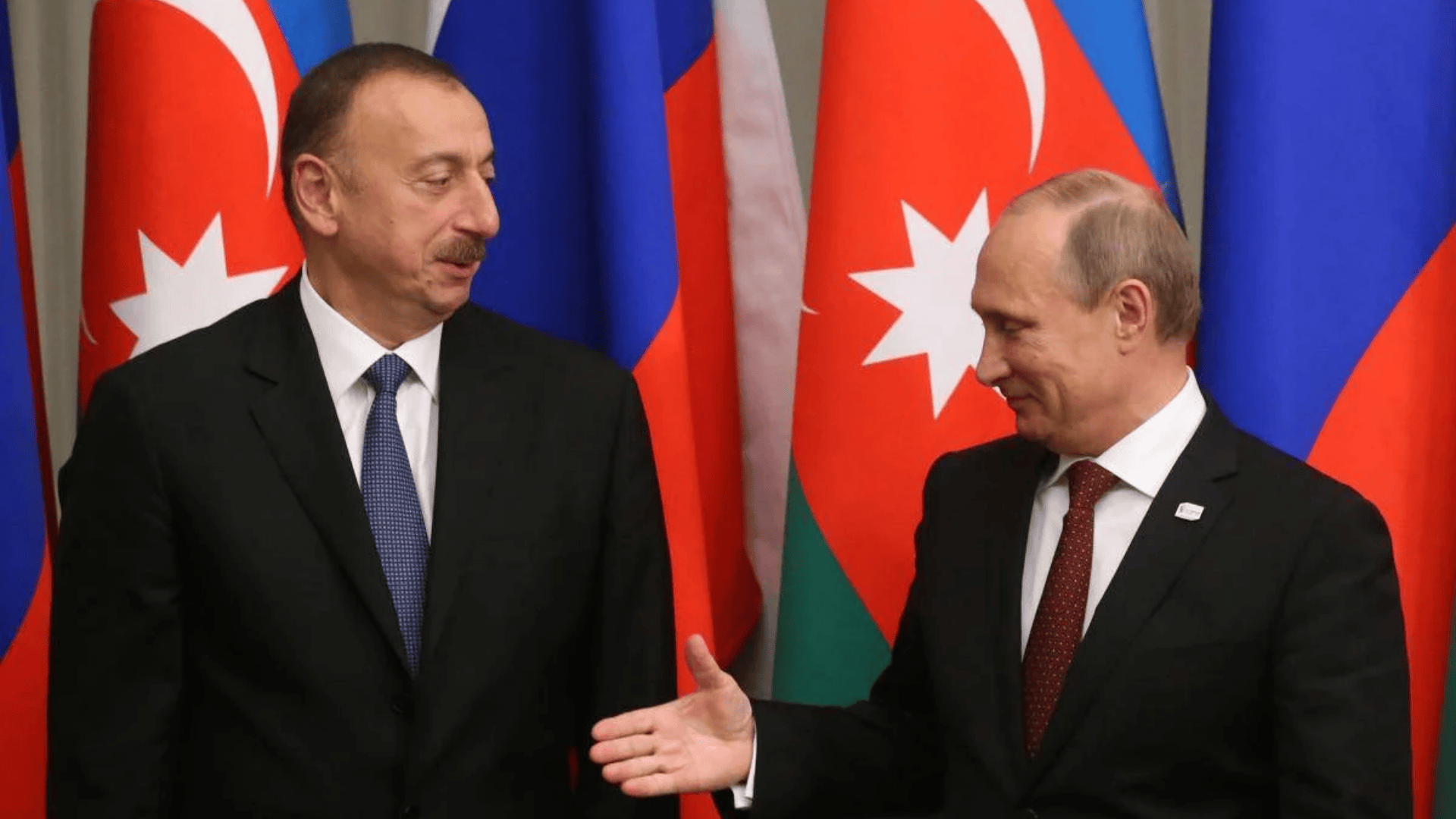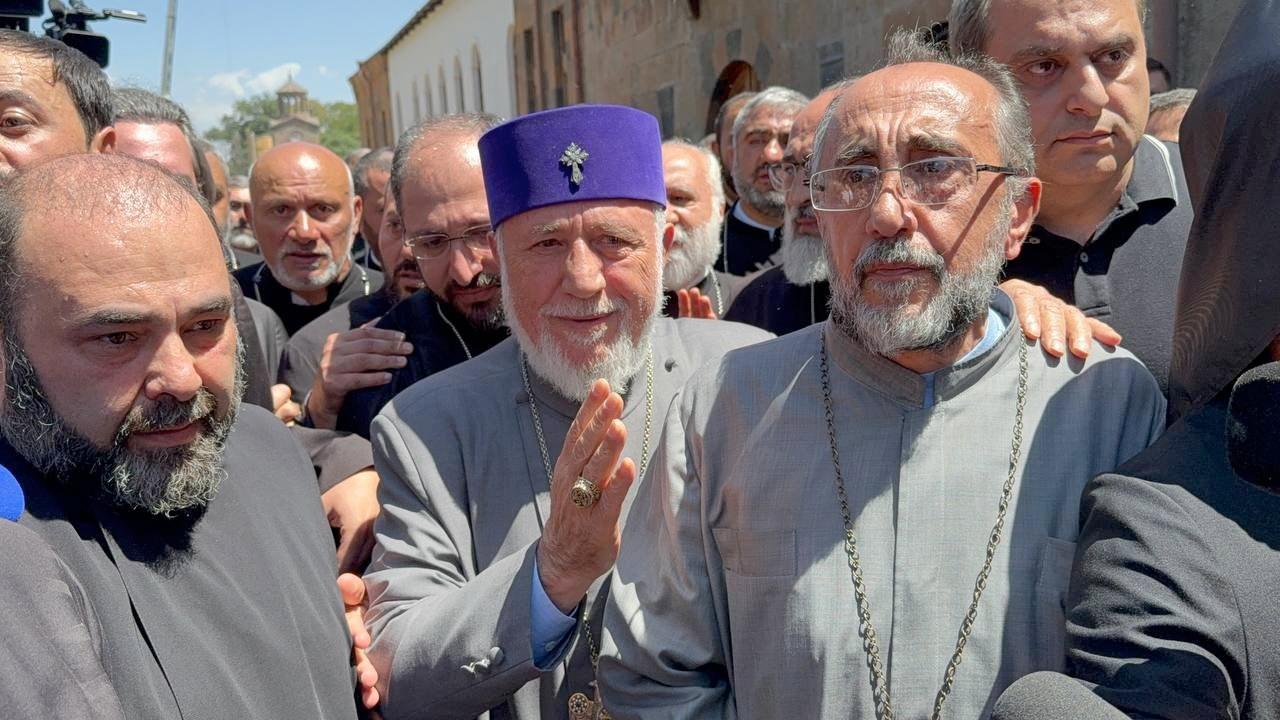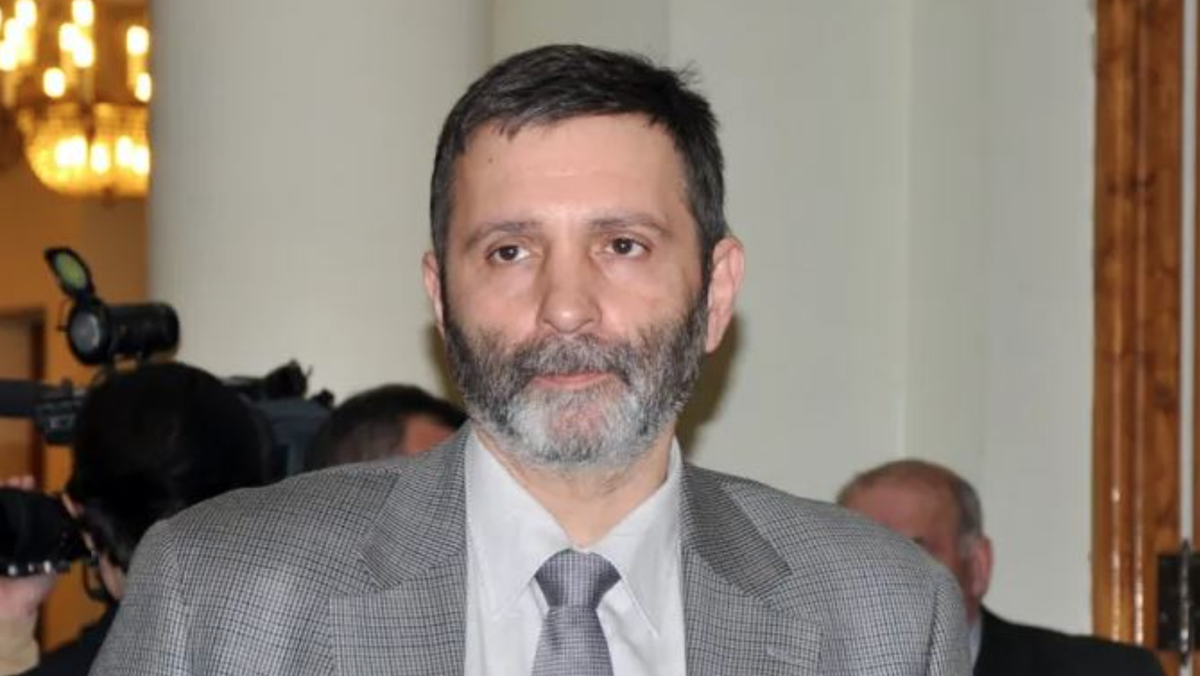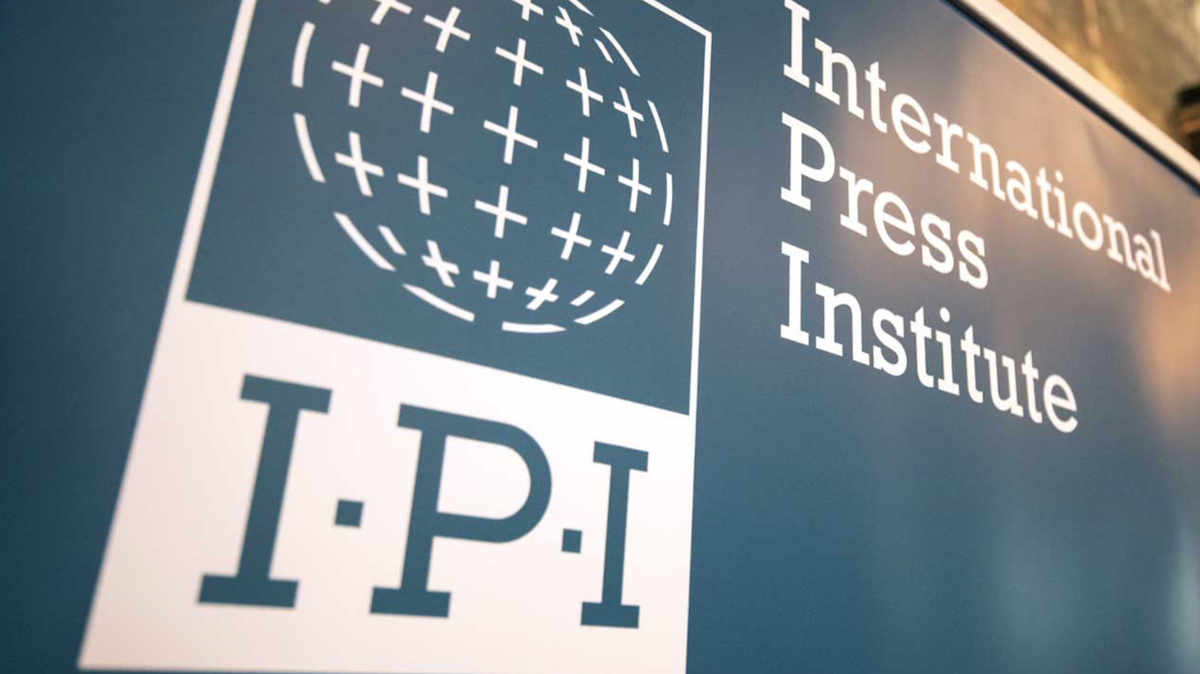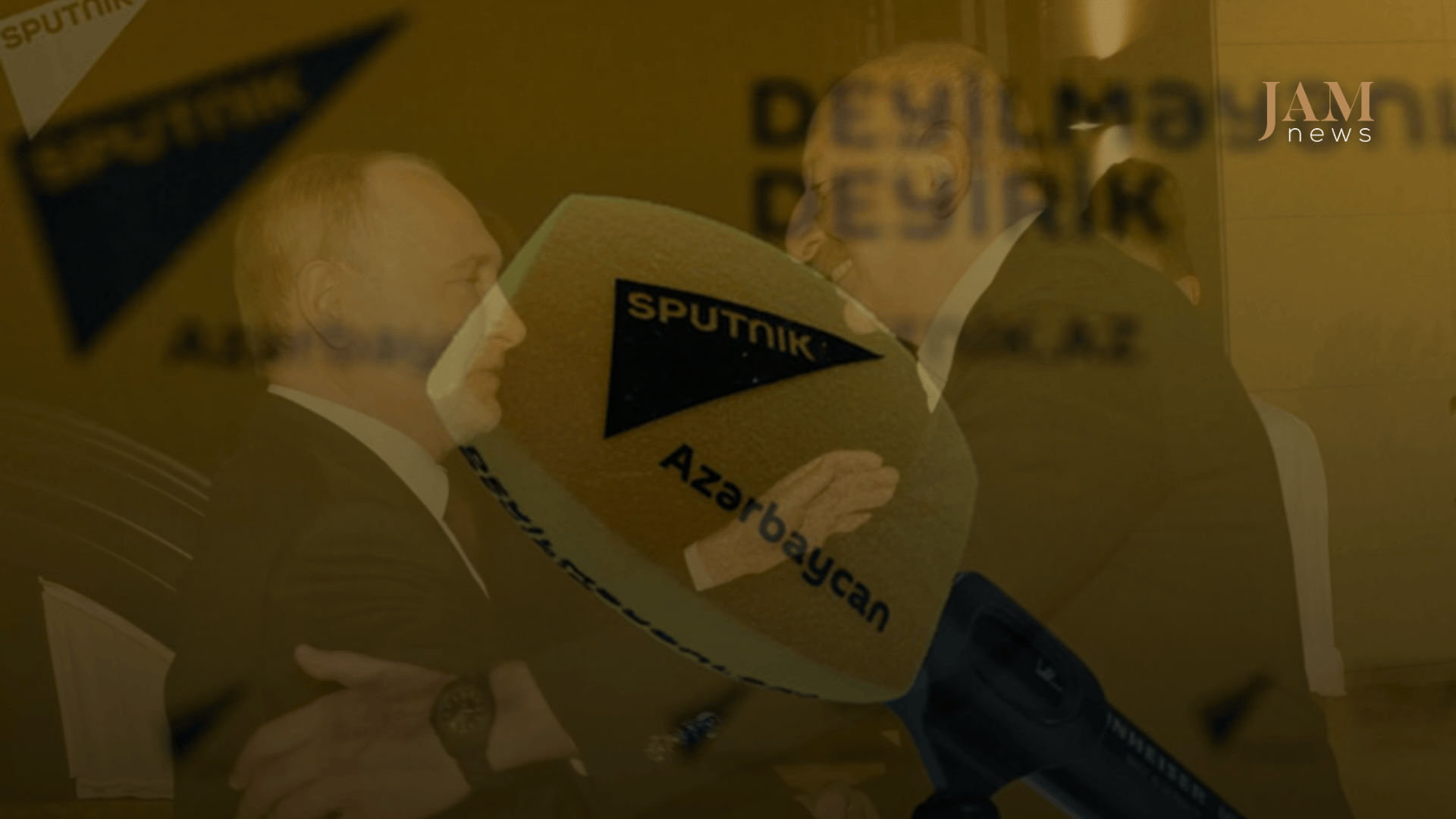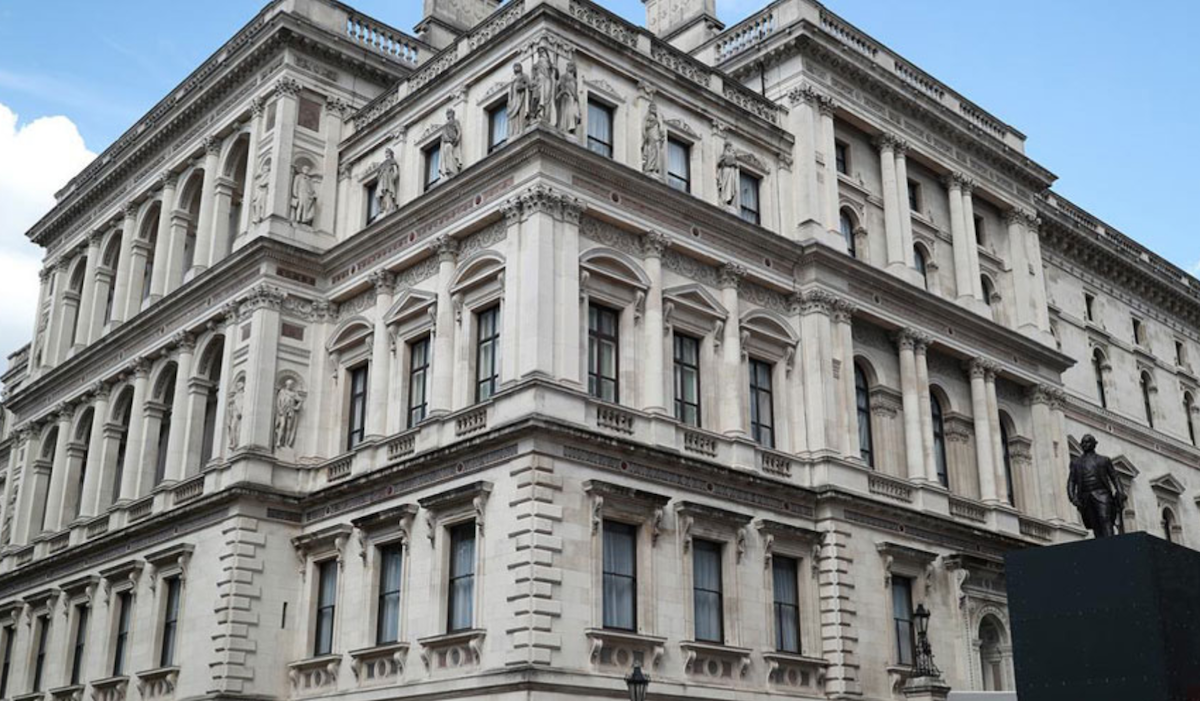Share














Most read
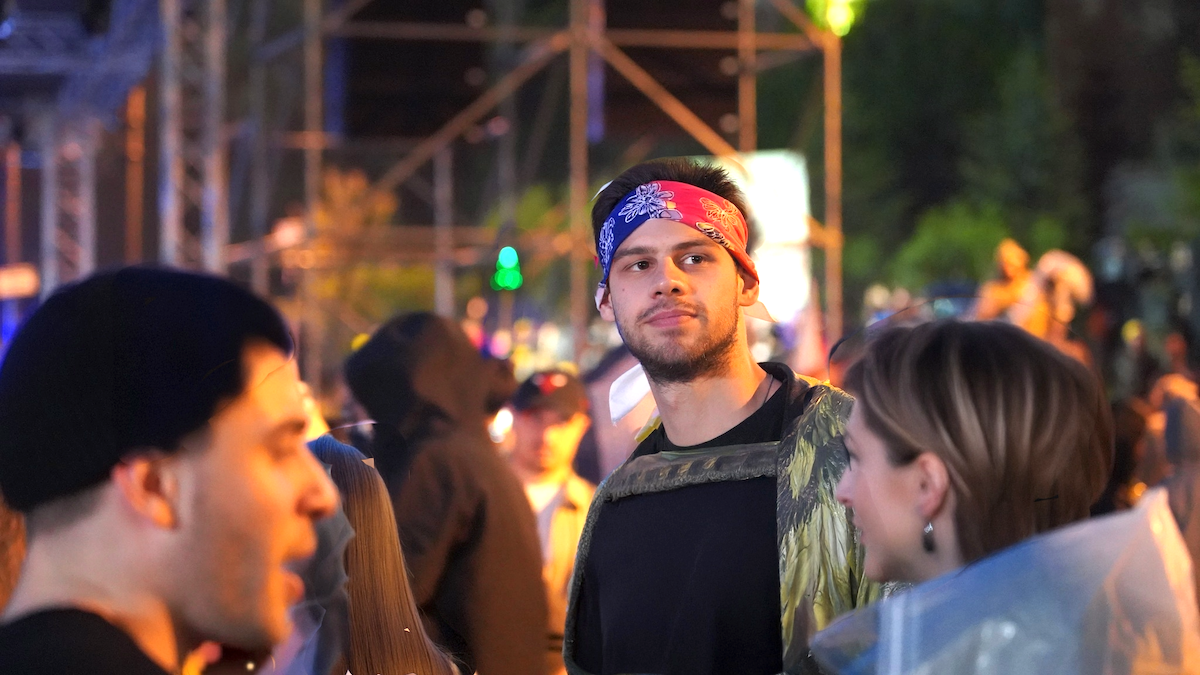
Top stories in Azerbaijan, Armenia, and Georgia from 23-27 June, 2025
'Russian trace' suspected in Armenian clergy: Another priest faces criminal charges
Armenian security services say attempted coup foiled, release evidence
UK warns: businesses in Georgia and Armenia aiding Russia’s sanctions evasion will be sanctioned
Violence against Azerbaijanis in Russia’s Yekaterinburg sparks Baku–Moscow tensions: opinions
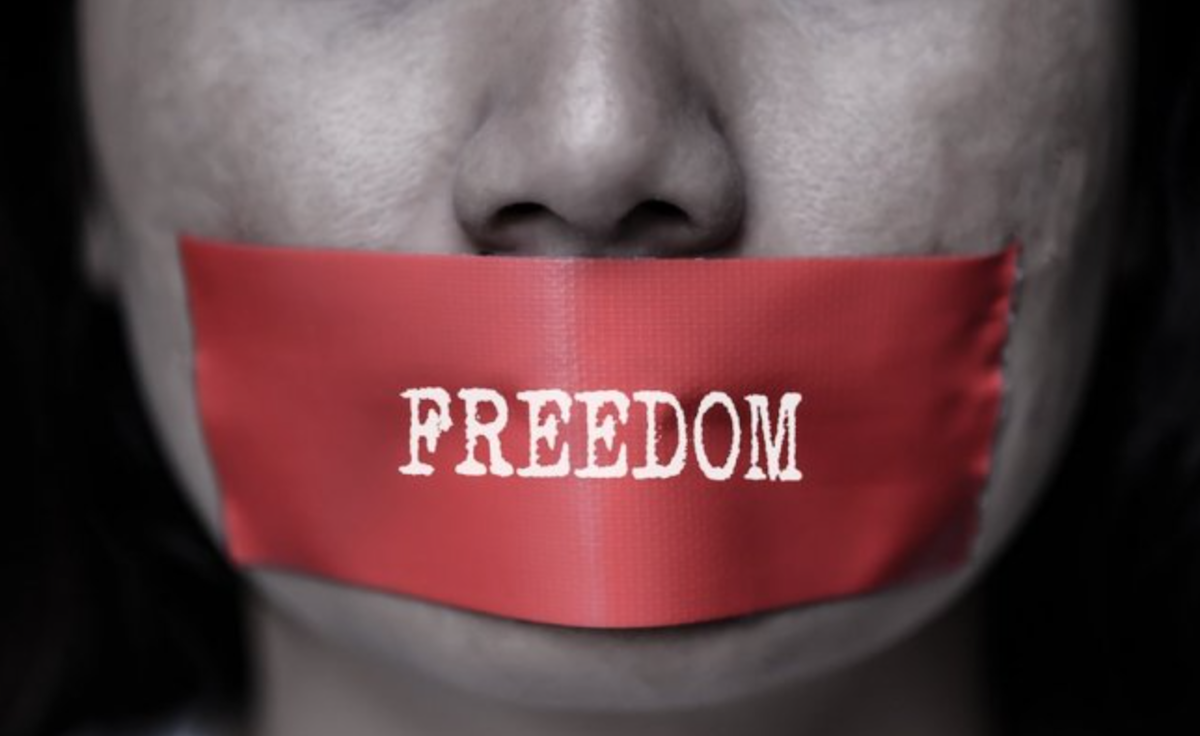
GYLA: “New law amendments remove key free speech protections in Georgia”
Baku opened a criminal case against Moscow over killings of Azerbaijanis; separately, evidence shows Russia shot down Azerbaijani plane
Latest news in Georgia, Armenia, Azerbaijan, summary. Live
Archbishop’s diary and attempted coup in Armenia
Opinion: "The government refuses to acknowledge the political crisis in Georgia"
